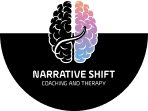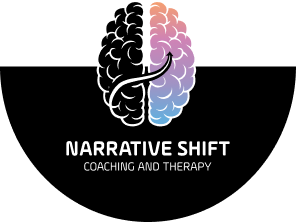Empowering Your Unique Mind: Understanding How Therapy Supports Neurodivergent Growth
The Narrative:
For many neurodivergent individuals, traditional therapy approaches can feel misaligned with how their minds naturally work. Standard therapeutic techniques might not account for different sensory experiences, unique emotional processing, or alternative thinking patterns. This disconnect often leads to feelings of being misunderstood or “wrong,” even in spaces meant to provide support and healing.
The Shift:
Therapy isn’t about changing your neurodivergent mind to fit neurotypical patterns—it’s about understanding and working with your unique neural wiring to create pathways for authentic growth and well-being. When therapy honors neurodivergent experience rather than trying to “fix” it, remarkable transformation becomes possible.
Understanding Your Neurodivergent Experience
Every mind processes the world in its own unique way, like a fingerprint made of thoughts, feelings, and experiences. Before exploring how therapy helps, let’s understand what makes neurodivergent minds uniquely beautiful and complex.
The Symphony of Neurodivergent Processing
Your brain processes information through various channels, each with its own distinct patterns:
Sensory Processing:
-
- Enhanced awareness of environmental details
- Deeper appreciation of specific sensory experiences
- Different thresholds for sensory stimulation
Emotional Processing:
-
- More intense emotional experiences
- Unique patterns of emotional expression
- Different ways of understanding others’ emotions
Cognitive Processing:
-
- Novel problem-solving approaches
- Creative connections others might miss
- Different ways of organizing information
How Therapy Supports Your Journey
Effective therapy serves as a collaborative exploration of your mind’s unique landscape. Think of it as having a knowledgeable guide who helps you:
Map Your Mental Terrain
Together with your therapist, you’ll explore:
Your Cognitive Patterns:
-
- How your mind naturally processes information
- Where you excel without effort
- Areas where additional support might be helpful
Your Emotional Landscape:
-
- How you experience feelings in your body and mind
- What triggers different emotional responses
- Ways to navigate intense emotional experiences
Your Sensory Experience:
-
- Understanding your unique sensory preferences
- Identifying potentially overwhelming situations
- Creating environments that support your comfort
Build Your Personal Toolkit
Therapy helps you develop strategies tailored to your unique needs:
Emotional Regulation Tools:
-
- Recognizing your personal emotional signals
- Developing personalized coping strategies
- Creating effective self-soothing techniques
Executive Function Support:
-
- Building systems that work with your natural patterns
- Creating sustainable organizational methods
- Developing time management approaches that make sense to you
Social Navigation Skills:
-
- Understanding social dynamics in your own way
- Developing authentic communication styles
- Building meaningful connections while being true to yourself
The Therapeutic Journey
Your path through therapy is unique to you, but understanding the general process can help you feel more prepared:
Phase 1: Understanding Your Mind
-
- Mapping your natural patterns and preferences
- Identifying your unique strengths
- Understanding your specific challenges
- Building trust with your therapist
Phase 2: Developing Strategies
-
- Creating personalized coping tools
- Building effective routines
- Enhancing communication methods
- Strengthening self-advocacy skills
Phase 3: Integration and Growth
-
- Implementing new strategies in daily life
- Refining approaches based on experience
- Building confidence in your abilities
- Celebrating your progress and growth
Real Stories of Transformation
Finding Your Voice
Sarah’s Journey: “I always felt like I was speaking a different language than everyone else. Through therapy, I learned that my way of communicating wasn’t wrong—just different. Now I can express myself authentically while still connecting with others.”
Discovering Your Strengths
Michael’s Experience: “I used to see my intense focus on details as a problem. My therapist helped me understand how this trait makes me exceptional at problem-solving. Now I use this strength intentionally in my work and relationships.”
Building Confidence
Lisa’s Story: “Therapy helped me understand that my neurodivergent mind isn’t something to fix—it’s something to embrace. Learning strategies that work with my natural patterns has transformed how I approach challenges.”
Remember: Therapy is a collaborative journey of discovery and growth. The right therapeutic approach honors and works with your neurodivergent mind rather than against it, helping you develop greater self-understanding, confidence, and tools for navigating life’s complexities.




